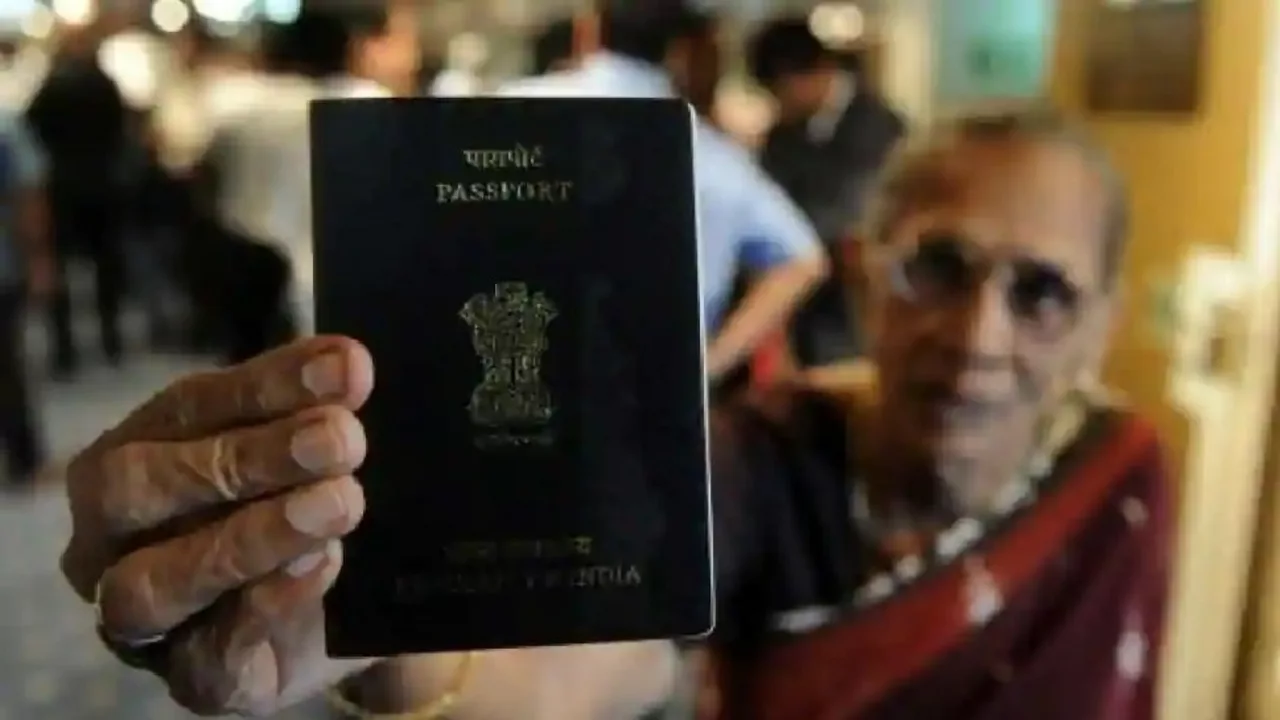Understanding Marriage Laws in India
Getting married is exciting, but the legal side can feel confusing. You don’t need a law degree to sort it out—just a clear picture of the basics. Indian marriage laws cover who can tie the knot, how to register, and what rights you gain once you say ‘I do.’ Let’s break it down so you can focus on the celebration, not the paperwork.
Who Can Get Married?
India has several personal laws that apply based on religion, plus the secular Special Marriage Act. Under the Hindu Marriage Act, both partners must be at least 21 (men) or 18 (women) years old, not already married, and mentally capable of giving consent. The Muslim Personal Law doesn’t set a minimum age, but most courts look to the age of puberty as a benchmark. For Christians and Parsis, the Indian Christian Marriage Act and the Parsi Marriage and Divorce Act set similar age limits. If you want a civil ceremony without religious constraints, the Special Marriage Act lets any Indian citizen (or person of Indian origin) marry regardless of faith, provided you’re 21 or older and meet the notice requirements.
How to Register Your Marriage
Registration is pretty straightforward once you know the steps. First, decide which law you’re marrying under—this dictates the form you fill out. For most personal laws, you’ll go to the local marriage registrar’s office and submit an application along with proof of age, address, and the two witnesses’ IDs. If you’re using the Special Marriage Act, you have a 30‑day notice period: you file a notice, it’s posted publicly, and after no objections, you can schedule the ceremony. The registrar then issues a marriage certificate, which serves as legal proof for everything from joint bank accounts to property rights.
Remember to bring original documents and photocopies—birth certificates, passports or driving licenses, and a proof of residence like a utility bill. The marriage officer may also conduct a brief interview to confirm there’s no coercion. Once the ceremony is done, the officer signs the marriage register and hands you the official certificate. Keep it safe; you’ll need it for filing taxes, changing your name, or applying for a visa.
Some couples wonder if registration is optional. Technically, many personal laws consider a marriage valid if it’s conducted according to religious rites, but registration offers legal protection. Without it, proving the marriage in court can be a nightmare, especially if you need to claim inheritance or alimony later.
What about inter‑faith marriages? The Special Marriage Act is your go‑to. It bypasses religious hurdles, and the same notice period applies. Both parties must declare they’re not under any legal impediment, and the ceremony is performed by a registrar rather than a priest or imam.
Finally, keep an eye on recent changes. The government often updates rules around same‑sex marriage and age limits, so a quick check with the local registrar or a legal advisor ensures you’re up to date. A short consult can save you hours of hassle later.
In short, know which law applies, gather the right documents, follow the notice period if needed, and get that certificate. With the legal side sorted, you can enjoy your wedding day and the life after without looking over your shoulder.

Can an Indian citizen marry a foreigner in India?
As an Indian citizen who fell in love with a foreign national, I often wondered if marriage would be possible in our home country. This blog is my journey of learning and understanding the laws and regulations about marrying a foreigner in India. Here, I'll unravel legalities, paperwork, and the possible cultural hurdles we faced. It's a personal narrative tinged with a legal twist, designed to offer insights to alike-minded romantics who may find themselves in a similar situation.
read more